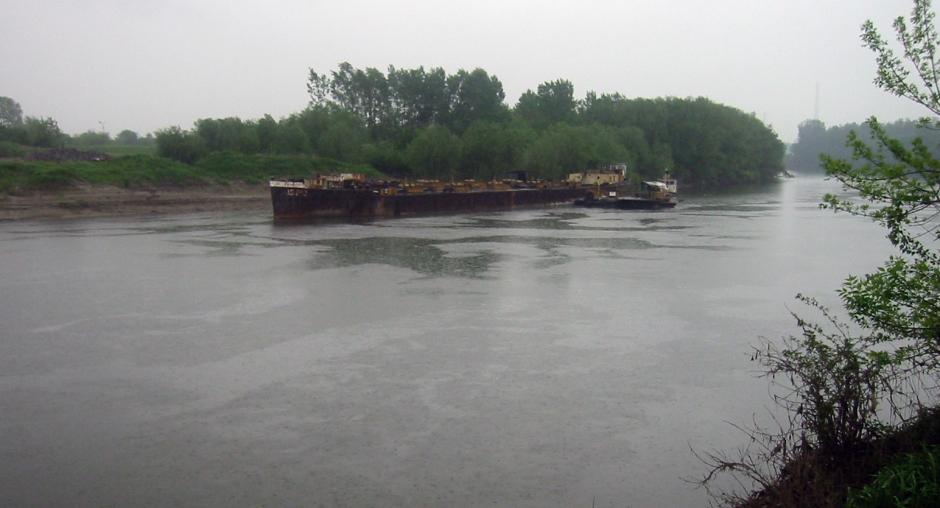OSCE holds meeting on managing water resources of the Sava river basin

SISAK, CROATIA, 9 May 2005 - An OSCE workshop aimed at improving water resource management of the Sava river will be held in Sisak from 9 to 11 May.
The event, entitled "Ensuring the quality and quantity of fresh water in the Sava River Basin," is organized by the Office of the Co-ordinator of OSCE Economic and Environmental Activities and the United Nations Institute for Training and Research (UNITAR).
It aims to create a network of local actors who will share their knowledge in tackling common problems such as access to fresh water and pollution prevention and will bring together representatives of the municipalities of Zagreb, Sisak, Slavonski Brod, Karlovac, Ozalj, Jasenovac and Dvor, as well as environmental NGOs.
Michel Dreneau, Head of OSCE Field Office in Sisak, said: "Achieving cleaner water is a challenge for Sisak and the whole region and it can only be addressed by solidarity at a regional level."
Mary Sancy, Senior Programme Coordinator at UNITAR, said: "The Environmental Law Programme of UNITAR will use knowledge management tools to help the different stakeholders get involved in the implementation of a regional action plan on the Sava."
Djordje Stefanovic, Secretary of the Interim Commission of the Sava River, will explain the basic elements of the Framework Agreement on the Sava River Basin, that entered into force in December 2004.
Prior to the 1990s, the entire Sava river basin fell within the boundaries of Yugoslavia and was managed through national institutions. Today the river passes through four countries. The Sava river is a tributary of the Danube that starts in Slovenia, crosses Croatia, then forms the latter's border with Bosnia and Herzegovina before entering Serbia and Montenegro and joining the Danube in Belgrade.
The workshop in Sisak will be followed by another meeting in Serbia and Montenegro and a regional workshop which will focus on transboundary aspects of water management, improve cross-border co-operation and help develop a regional strategy.
